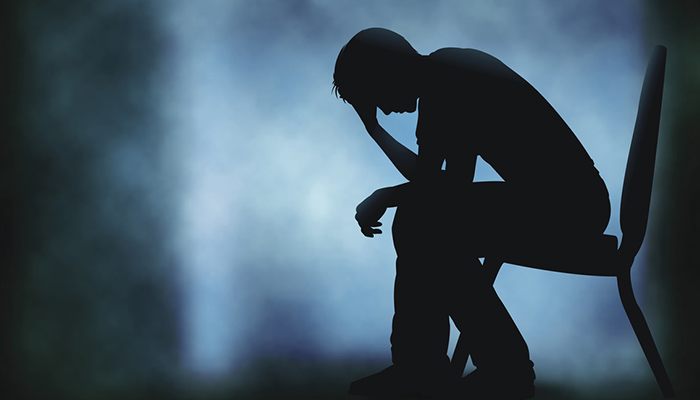IN light of the current controversy regarding a group of panel members that ridiculed depression and suicide during an online discussion, we would like to draw the public’s attention to the inappropriate stigma associated with the condition, importance of recognising the early symptoms of depression and encouraging those to seek treatment as soon as possible.
Depression is real and should not be underestimated. Whenever anyone faces a test, challenge or pressure, it is normal to have a particular fight-or-flight response reaction.
We may feel stressed, anxious, or sad and depressed, meaning we’ve lost our sense of enjoyment in what we usually do.
However, for most of us we bounce back, adapt and fight our way through until we feel calmer and can function normally.
There are times when a person reaches a breaking point, where the emotional and psychological disturbance is too much to handle.
If these disturbances persist for a long time and the intensity becomes too much to bear, that person can develop depression.
Everybody is vulnerable to developing depression, especially in the current situation which may exacerbate it.
No doubt, the Covid-19 pandemic has brought significant changes to human life and behaviour, and almost everyone is affected.
A housewife is tired of juggling housework and homeschooling the kids, especially if she has to do everything alone without help.
Children struggle with their studies, peer-pressure, a new environment, and adapting to forced isolation during the pandemic.
A person might have lost his job when he has hungry mouths to feed at home.
Those undergoing quarantine can lose their sense of integration with society and feel lonely.
Even the disease itself could be worrying, more so to those who contract the virus.
Depression is not just about mental health being affected, but also physical health. People need to understand that the condition is highly treatable.
There is comprehensive management of depression available that includes medication and psychotherapies, where most of the time a person with depression can recover and live a healthy life.
Therefore, it is wrong to label them as crazy or insane.
The last thing they want to hear is people labelling them as such, causing them to lose their sense of individuality and pride, especially when they are in a professional group comprising a higher social status at work or in the district town.
Social stigmatisation of depression is inevitable, perhaps due to education and lack of understanding of the condition.
People lack information, awareness, and are sceptical of what constitutes depression, and, in some cases, are in denial that they are experiencing depression.
Some might think it is due to the lack of faith in God, religion, self-induced attitudes or exposures that made them unable to cope with excessive stress.
Failure to understand the situation will only inhibit acceptance and in turn cause them to refuse to seek treatment.
We had a contrasting experience in the United Kingdom. The community there was more open to talking and discussing mental health.
The community school even invited some speakers from a nearby government hospital and had some sessions with the parents, talking about the challenges they were facing and even to the extent of having private sessions.
During the sessions, we felt awkward as everybody was getting everything off their chest since those kinds of sessions are taboo in some cultures here.
Nevertheless, it was a “feel good” session with counsellors from the NHS or the local council giving tips on coping with the condition.
Facing stress is normal, but what is more important is knowing where to turn to if things get out of hand.
There was a sense of support due to everybody’s encouragement, making the environment feel normal. In short, nobody thinks and treats you as a crazy person!
You are normal like everybody else but you need to have a coping mechanism.
If their case is more serious which involves suicidal thoughts, abusive behaviour, uncontrollable anger, drinking and also drug addiction, they might need to be referred to hospital counsellors, psychiatrists, drug or drinking rehabilitation, welfare, or the local council.
It is appalling that some people tend to have a stronger sense of individuality, thinking they are better positioned than others, especially when they have a higher social standing and professionalism.
When they joke about mental health, it already makes those affected feel worse and only adds to the public’s already high stigma.
An honourable leader should lead by example. Sensitive issues should be approached with high caution, without judging and improper labelling.
Rather than take the “wait and see” approach, proactive solutions should be laid out to combat societal ills before it destroys the family institution and society as a whole.
Noor Dzuhaidah Osman is senior lecturer of faculty of Syariah and Law, and Natasya Abdullah is medical lecturer at Universiti Sains Islam Malaysia (USIM).
Comments: letters@thesundaily.com









